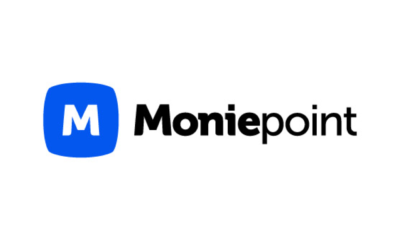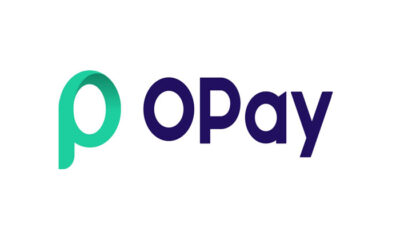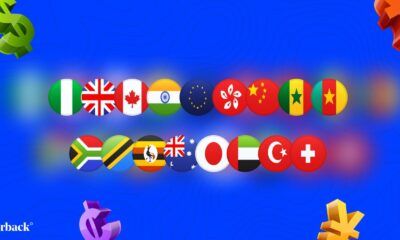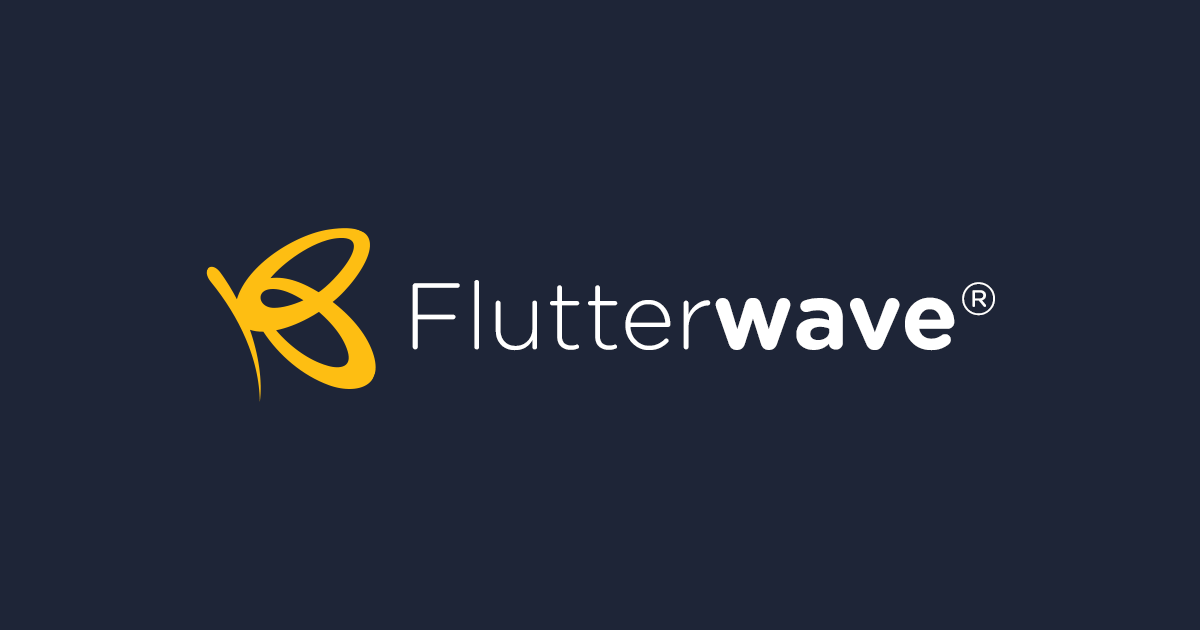Moniepoint Inc, parent company of Nigeria’s leading financial institutions, Moniepoint MFB and TeamApt Ltd has been ranked by the Financial Times, one of the world’s leading business news organizations, recognized internationally for its authority, integrity, and accuracy as Africa’s fastest-growing financial institution.
The world’s leading financial publication confirmed Moniepoint Inc’s accolade in its annual “Africa’s Fastest Growing Companies” survey, released today. It is the second consecutive year Moniepoint has achieved both the fastest-growing fintech milestone, and, ranked in Africa’s top four fastest-growing companies overall.
The survey was compiled by Statista, a leading research company renowned for its insight into African companies’ actual performance, in a rigorous screening process. In this survey, companies are ranked based on 2019-2022 data by their absolute growth rate of revenues and their compound annual growth rate (CAGR). Moniepoint’s growth rates of 7,979% (absolute) and 332% (CAGR) ranked it ahead of hundreds of leading companies from diverse industries such as technology, telecoms, financial services, and healthcare.
Moniepoint Inc has long been one of Africa’s largest business payments platforms, processing over $182 billion for customers in 2023. It will be recalled that in August 2023, Moniepoint MFB entered the personal banking market offering reliable banking services to millions of individuals across Nigeria. The holding group also doubled its global headcount, growing to over 1,800 employees by the end of 2023.
This recognition highlights Moniepoint’s success as Africa’s leading fintech, driving financial inclusion by empowering underserved businesses and individuals to access the formal financial system, contributing to a key goal of the Nigerian government.
Tosin Eniolorunda, Group CEO of Moniepoint Inc., said: “We are thrilled to be recognised by the Financial Times as Africa’s fastest growing fintech for the second consecutive year. Achieving rapid growth and scale is a fantastic achievement; maintaining that year-on-year is even better. The ranking is a testament to the dedication and hard work of the entire Moniepoint team, and the trust of millions of customers across Africa in the Company.
“2023 was a pivotal year for Moniepoint. Moniepoint has moved from being an agency-dominated institution to becoming merchant-dominated as we have seen a lot more people embrace more digital payment solutions. It is humbling to see that we have become a household name that people have come to know and trust, the bellwether for reliable transactions every time.
With our foray into the personal banking market, we have been able to deliver seamless and reliable payment solutions for Nigerians especially those in underserved communities as we continue to supercharge access to financial services and contribute to economic growth and wealth creation. 2024 is set to be even more exciting with continued growth, driving compliance and innovation, as we maintain our leading role within the African fintech sector, driving financial inclusion across Africa.”
According to David Pilling, FT Africa Editor, “The third year of our now expanded ranking of Africa’s Fastest Growing Companies comes against a background in which many economies are struggling to recover from the Covid pandemic. The FT-Statista list reveals the type of companies that, even in hard times, have managed to grow, often by disrupting markets…This year, our ranking has a wider geographical spread of companies than before. The big newcomer is Morocco, with 12 companies in the top 125 against just three last time. Mauritian-domiciled companies also did well with nine winners, against four in 2022. South Africa had 42 companies in the list, followed by Nigeria’s 25, while Kenya tied third at 12.”
Moniepoint Inc.’s technology powers over five million businesses and their customers, offering all the payment, banking, credit and business management tools they need to succeed. Establishing itself as a market leader in Nigeria across various segments from commerce to health and hospitality amongst many others, Moniepoint’s transformational and positive strides has earned it local and international plaudits.
In 2023, for the second year running, Moniepoint Inc was named amongst the 100 most promising private fintech companies by CB Insights. Moniepoint MFB received the Rising Star Family Business Award at the Pwc/Businessday Family Business Summit; while bagging the Fintech Company of the Year award at the 16th edition of Leadership Newspapers Conference and Awards.
Industry analysts have averred that as a strongly embedded and systemic institution in the digital payment services segment, with an eye on the future, Moniepoint Inc is poised to continue to deliver innovative solutions that promote inclusivity, drive sustainability and create new vistas in the markets where they operate.
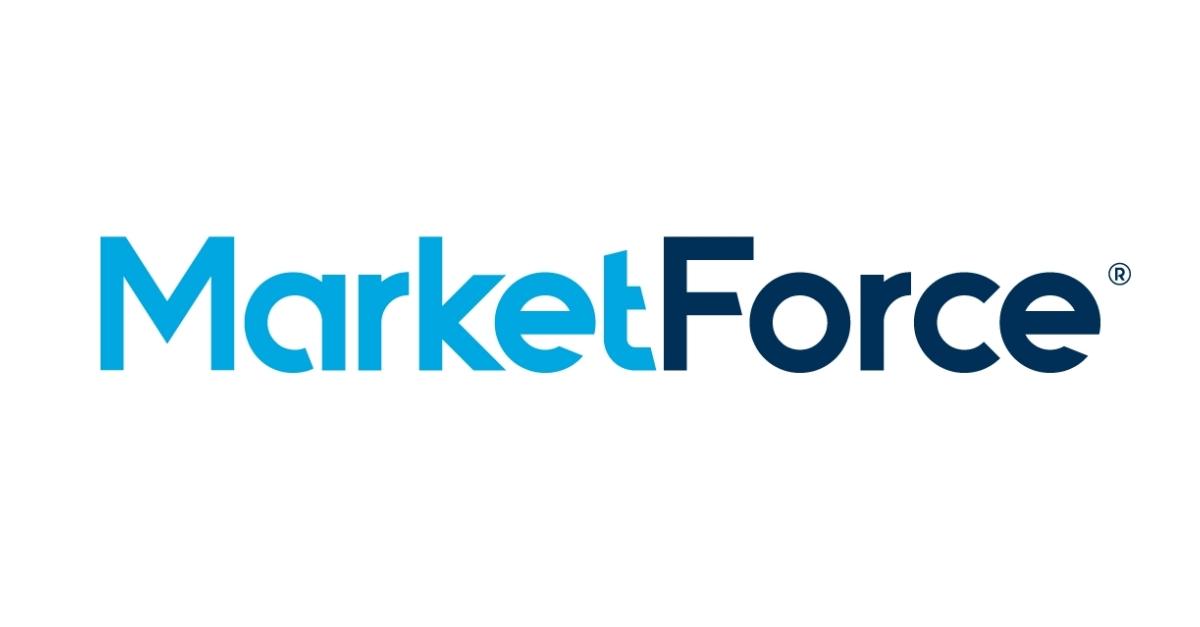

 Naira4 weeks ago
Naira4 weeks ago
 Naira4 weeks ago
Naira4 weeks ago
 Travel3 weeks ago
Travel3 weeks ago
 Jobs4 weeks ago
Jobs4 weeks ago
 Naira3 weeks ago
Naira3 weeks ago
 Naira3 weeks ago
Naira3 weeks ago
 Investment4 weeks ago
Investment4 weeks ago
 Travel4 weeks ago
Travel4 weeks ago

